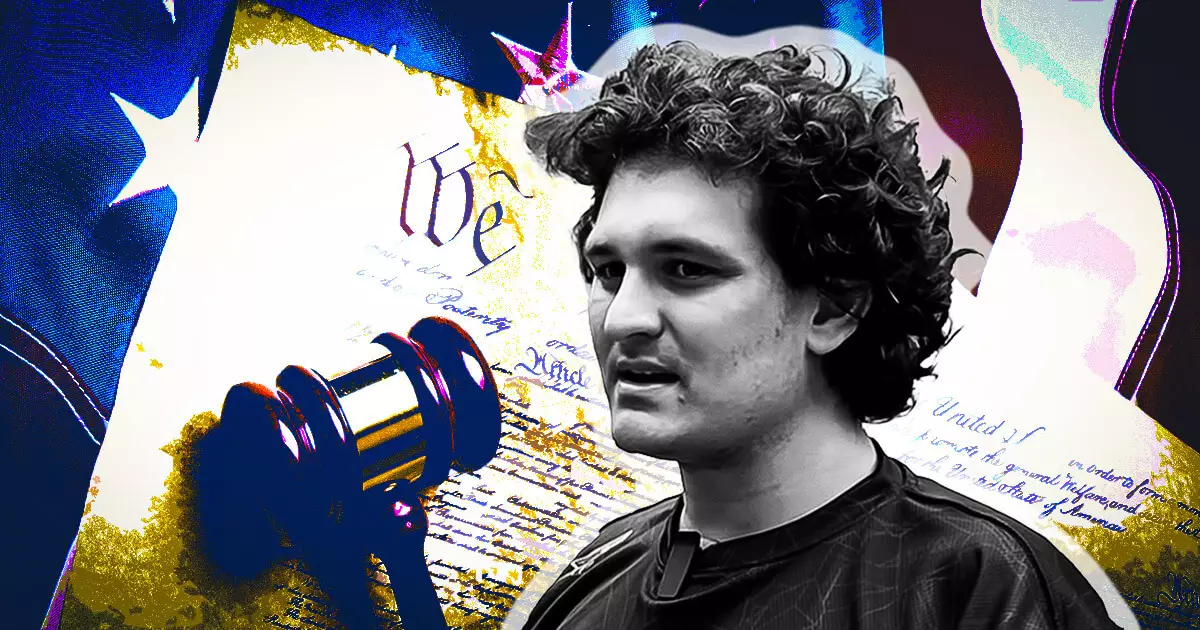Attorneys representing FTX founder Samuel Bankman-Fried have raised concerns about their client’s lack of adequate access to evidence against him, claiming that it violates his constitutional rights. In a letter addressed to U.S. District Judge Lewis A. Kaplan on Aug. 30, Mark Cohen and Christian Everdell argued that the recent proposal made by federal prosecutors was insufficient. The proposal suggested providing Bankman-Fried with an offline laptop and occasional internet access within a courthouse cellblock. However, given the “massive volume of discovery” in the fraud case against the cryptocurrency billionaire, the defense team argued that this limited access was inadequate in preparing for trial and building a defense.
Cohen and Everdell explicitly stated that the defense team’s inability to adequately prepare for trial violates Bankman-Fried’s Sixth Amendment rights. They emphasized that their client requires consistent access to an internet-connected laptop to review millions of pages of documents and access key sources of information available exclusively online. The defense team further criticized the path chosen by the government, stating that it inevitably leads to inadequate representation, which cannot be remedied as long as Bankman-Fried remains incarcerated without internet access.
The Allegations against Bankman-Fried
Bankman-Fried, who has pleaded not guilty, is facing charges of illegally diverting significant investor funds from his cryptocurrency exchange, FTX. After his bail was revoked last month, he is currently confined to a small cell in a federal jail in Brooklyn. Prosecutors allege that Bankman-Fried unlawfully utilized customer deposits to support his extravagant lifestyle, make political donations, and engage in high-risk trades at his cryptocurrency hedge fund trading firm, Alameda Research.
Despite promises made by the government, Bankman-Fried’s lawyers argue that he still cannot fully review the evidence while being locked up. This restricted access includes crucial messages on the encrypted chat platform Slack, as well as materials from FTX and Alameda, which are stored in an Amazon cloud-based system. The defense team claimed that Bankman-Fried’s access to the discovery materials and his lawyers has been cumbersome, time-consuming, and ultimately unproductive.
A Case for Temporary Release Under the Bail Reform Act
In light of the challenges they face, Bankman-Fried’s lawyers argued that their client should be granted temporary release under the “compelling reason” exception outlined in the Bail Reform Act. They suggested that strict conditions, including confinement at Bankman-Fried’s parents’ house in California, could accompany his temporary release. By doing so, the defense team believes that Bankman-Fried would be able to adequately prepare for his trial, ensuring proper representation and a fair legal process.
The attorneys representing Samuel Bankman-Fried have asserted that their client’s constitutional rights are being violated due to his inadequate access to evidence. They argue that the proposed offline laptop and limited internet access provided by federal prosecutors are insufficient for the extensive volume of discovery in the fraud case against the FTX founder. With the trial approaching, the defense team seeks to emphasize the importance of ensuring proper representation for Bankman-Fried and urges the judge to consider his temporary release under the “compelling reason” exception. Only by affording the necessary tools and resources to the defense can a fair and just legal process be upheld.


Leave a Reply